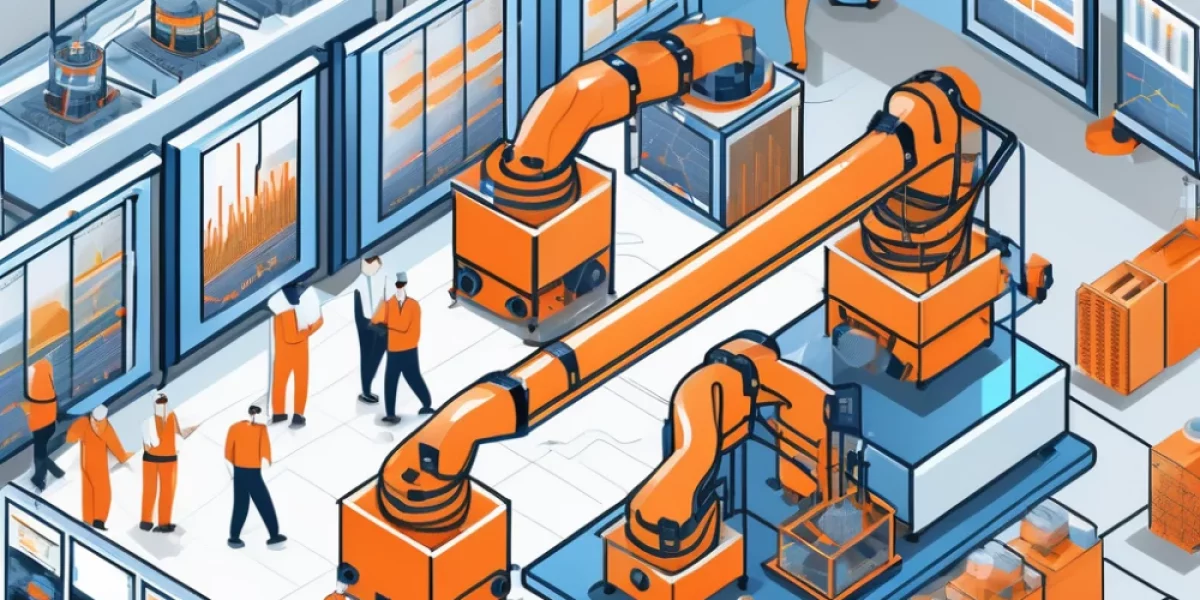
India’s political landscape, ever in flux, presents both opportunities and challenges for its manufacturing sector. As we approach the 2024 general elections, understanding the current climate and its potential impact is crucial for industry stakeholders.
National Landscape:
1. Upcoming Elections:
The upcoming elections cast a long shadow. In its bid for a third term, Prime Minister Narendra Modi’s current administration is up against opposition parties regaining strength. This uncertainty can lead to delays in policy implementation and cautious investment decisions.
2. Geopolitical Tensions:
The ongoing global conflict and regional instability impact supply chains, resource availability, and trade dynamics. Manufacturers need to adapt to this volatile environment.
3. Internal Dynamics:
Social and economic issues like inflation, unemployment, and rural distress demand government attention, potentially impacting budgetary allocations and industrial priorities.
Opportunities on the Horizon:
1. Government Initiatives:
The “Make in India” campaign continues with a renewed focus on attracting investments. PLI schemes and infrastructure development offer potential incentives for specific sectors.
2. Rising Domestic Demand:
India’s growing population and increasing disposable income create a vast domestic market for manufactured goods.
3. Focus on Technology:
Initiatives like “Smart Manufacturing” and “Industry 4.0” aim to modernize the sector and improve efficiency and competitiveness.
Challenges to Overcome:
1. Regulatory Burden:
Complex regulations and bureaucratic hurdles can deter investment and hamper operational efficiency. Streamlining processes is crucial.
2. Skilled Workforce Gap:
The need for more skilled workers across various levels poses a significant challenge. Bridging this gap requires robust skilling programmes and industry-academia partnerships.
3. Infrastructure Bottlenecks:
Inadequate infrastructure, including transportation, logistics, and power supply, can increase costs and impede growth.
4. Navigating the Course:
Manufacturing businesses need to be agile and adaptable to navigate this dynamic landscape. Here are some key strategies:
5. Diversify Markets:
Reduce dependence on any single market by exploring export opportunities and catering to domestic demand.
6. Embrace Technology:
Invest in automation, digitization, and other Industry 4.0 solutions to improve productivity and reduce costs.
7. Develop Workforce:
Partner with educational institutions and training providers to bridge the skill gap and build a future-ready workforce.
8. Stay Informed and Engaged:
Actively engage with policymakers, industry associations, and other stakeholders to advocate for favourable policies and address challenges.
Focus on Tamil Nadu Political Landscape:
The Dravida Munnetra Kazhagam (DMK) currently holds power in Tamil Nadu and is led by Chief Minister M.K. Stalin. The party emphasizes social welfare programs and focuses on attracting investments through its Tamil Nadu Industrial Policy 2021.
Recent Policies:
1. Focus on the EV Industry:
Tamil Nadu has earned the title “EV capital of India” with major investments from companies like Ola Electric and Ather Energy. The revised EV policy in February 2023 aims to strengthen this position further.
2. Subsidies and Incentives:
The state offers capital subsidies, land assistance, and other incentives for setting up industries in specific zones and categories.
3. Infrastructure Development:
The government invests heavily in infrastructure projects, such as logistics parks, industrial corridors, and power generation, to improve connectivity and support industrial growth.
4. Skilling Initiatives:
Recognizing the skill gap, the government launched schemes like “Naan Mudhalvan” to train youth in relevant skills required for the manufacturing sector.
Challenges and Opportunities:
1. Political Stability:
Although the current government is stable, upcoming elections can create uncertainty and impact long-term policy implementation.
2. Labour Relations:
Maintaining harmonious labour relations is crucial for smooth industrial operations. Striking a balance between worker rights and industry needs is key.
3. Environmental Concerns:
Balancing industrial growth with environmental sustainability is a pressing challenge. Promoting green initiatives and adopting eco-friendly practices is essential.
4. Navigating the Course:
Businesses operating in Tamil Nadu can leverage the state’s supportive policies and infrastructure while being mindful of the challenges. Here are some additional strategies:
Conclusion:
India’s political landscape, both nationally and in key states like Tamil Nadu, offers a complex mix of opportunities and challenges for the manufacturing sector. By understanding the current climate, embracing innovation, and engaging with stakeholders, businesses can contribute to India’s industrial growth.
If you decide to implement high-quality industrial furnaces in your workplace, then ‘Precons furnaces’ are always the best choice. We always provide the best installation and services.
For more information about ‘Precons’,
♥ Do call 9840930370 or Fill out our Appointment form to get in touch!
♥ Follow our Social Media pages for recent updates. Facebook | Instagram